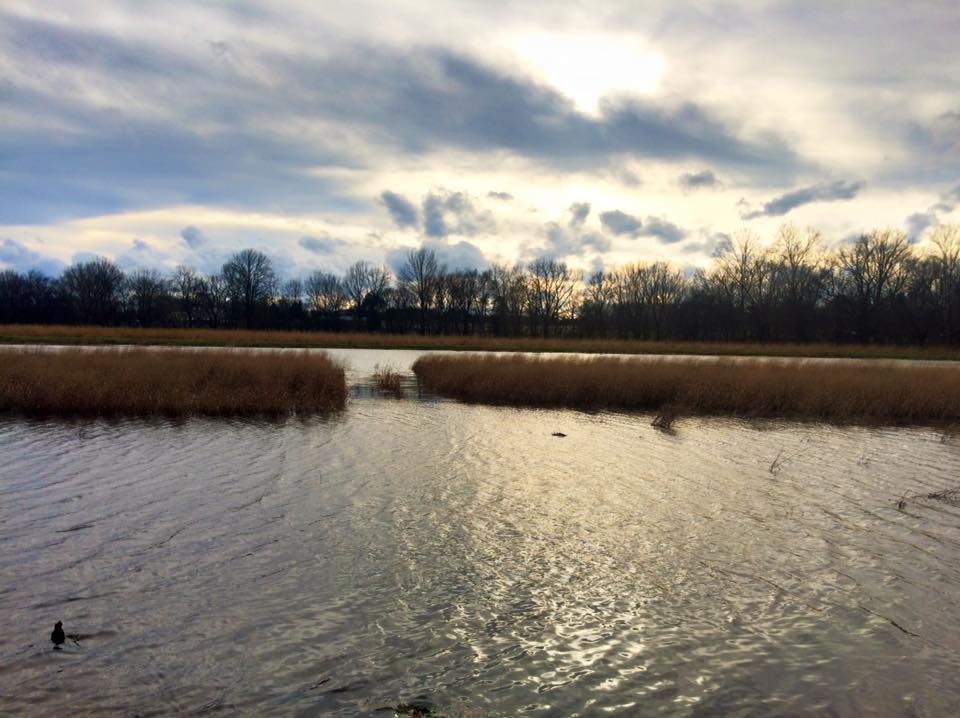 While the staff of Henry Horton State Park in Chapel Hill is only responsible for protecting 2 of the beautiful Duck River’s 284-miles, they nevertheless work to protect the entirety of this extremely important river. Not only is the waterway a kayaker’s paradise, “The Duck River is the most biodiverse river in North America and is significant on a global scale for its diversity of plant and animal species,” says Park Manager Ryan Jenkins.
While the staff of Henry Horton State Park in Chapel Hill is only responsible for protecting 2 of the beautiful Duck River’s 284-miles, they nevertheless work to protect the entirety of this extremely important river. Not only is the waterway a kayaker’s paradise, “The Duck River is the most biodiverse river in North America and is significant on a global scale for its diversity of plant and animal species,” says Park Manager Ryan Jenkins.
According to The Nature Conservancy, the Duck River is home to more fish species than all of the rivers of Europe combined — plus an amazing 60 species of freshwater mussels and more than 20 species of aquatic snails.
With an ecological gem running through it, managing such a park is tailor-made for someone with a profound love of nature and parks. And it doesn’t take long while talking to Jenkins to discover he’s such a person. Beginning his career with Tennessee State Parks at Radnor Lake in 2007, he’s been at Henry Horton State Park — named for Tennessee’s governor from 1927 to 1933 — since 2013.
“I started as a ranger because I wanted to share the love and knowledge I had of the outdoors that I had been taught growing up,” he says. “I noticed that people were missing out on some of that experience throughout the years, and I wanted a career where I could help attract more people to nature. As I became more involved in parks, I learned more about the intricacies and responsibilities of park management. As we say in parks, our job is to protect the park from the people, the people from the park and the people from the people.”
Being a park manager necessarily goes beyond any innate love of the outdoors.
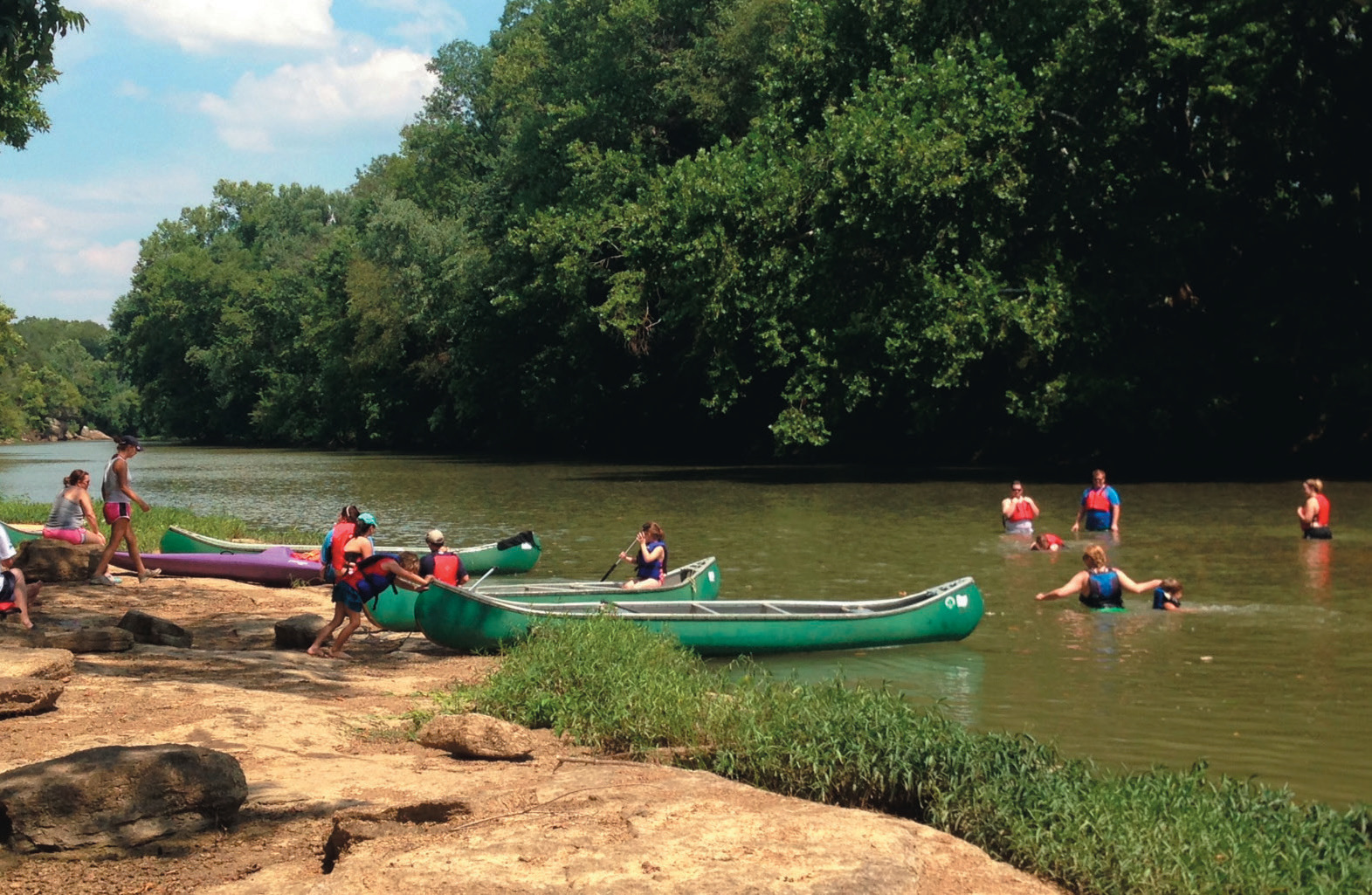
“Managing a park is like managing a small city with people, visitors, infrastructure, budgets, projects, etc.,” Jenkins says. “I have a business degree and experience in the private business world, so my skill set prior to coming into parks helped prepare me for the challenge of managing a park the size of Henry Horton State Park.”
Jenkins says there are two things amongst all of the challenges that give him the most fulfillment.
“The first is the people I work with. I care for each of them, and making sure that they are fulfilled within their work is very important to me. The second is the ability to at any point during my busy day step outside and get out into nature. The old saying is that park rangers are paid in sunrises and sunsets, and I still believe that to be a benefit of the job.”
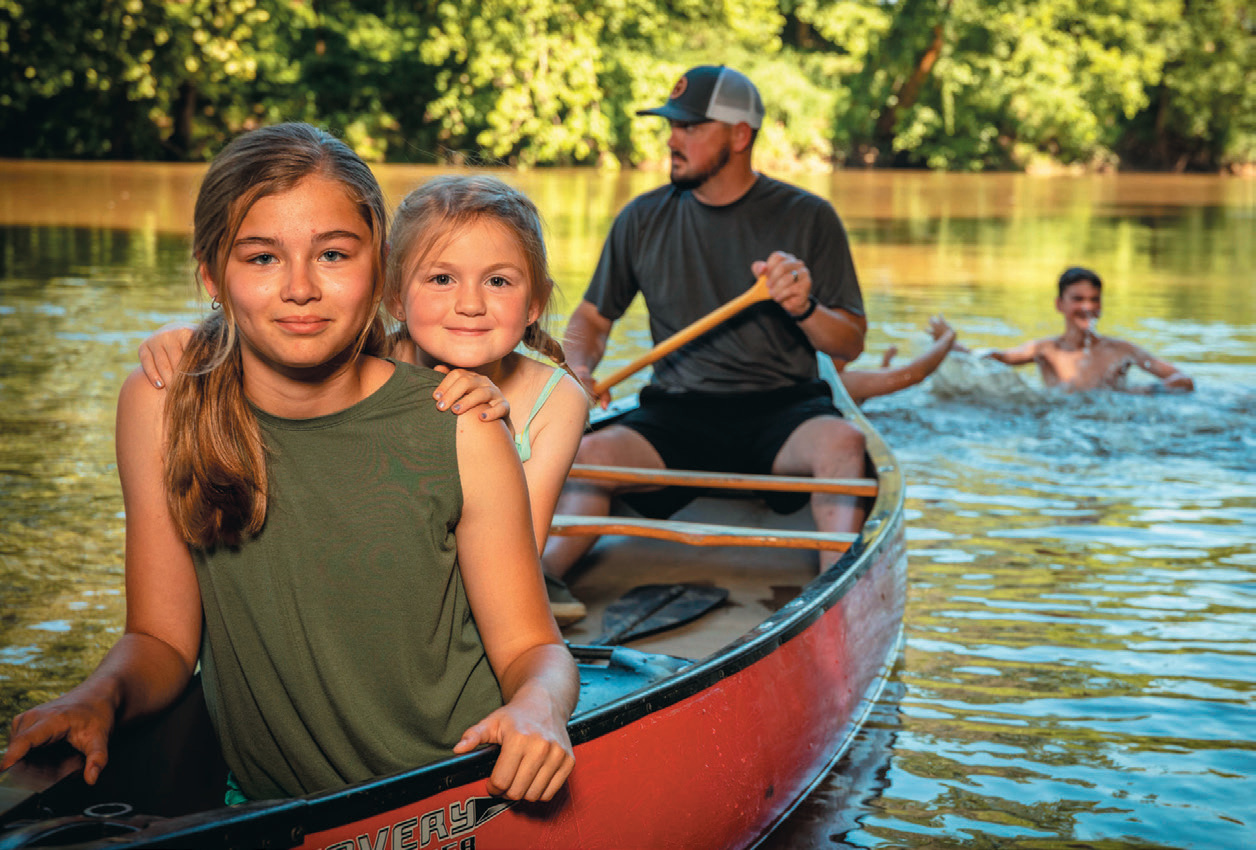
Recreation paradise
While the Duck River — and the recreational opportunities it offers — is a centerpiece of the Henry Horton park experience, it’s far from the only one. In addition to the fishing, swimming and kayaking, you can enjoy a game of golf on the 18-hole course, play disc golf, test your shooting skills on the trap and skeet range, picnic along the river or take to the 12 miles of trails winding through the park.
With so much fun to be had, visitors might want to stay overnight. Accommodations include a large RV campground, a hammock campground, backcountry campsites, a 74-room lodge and eight cabins. The park also has a new restaurant for visitors to enjoy.
“We also just opened a brand new visitor center with a large exhibit area showcasing the Duck River and a gift shop to take home souvenirs from your visit with us,” Jenkins says. “We are currently adding 10-plus miles of mountain bike trails, 1.5 miles of paved greenway and additional river access points to give our community and park visitors even more opportunities to get outside and be active.”
Recognition for good work
Last year, the park was recognized by the Tennessee Department of Environment and Conservation with the Excellence in Interpretation Award.
“The Excellence in Interpretation Award is a special recognition for the intense level of work the park staff has done over the year to help share the story of the park, the Duck River and nature with our park visitors,” Jenkins says. “I believe the staff at Henry Horton State Park is one of the best park teams in the entire state, and they work very hard to make sure the park is making improvements and creating great experiences for our guests all year long. Much of the work done by park rangers and the other staff members is gone unnoticed. Being recognized with this award is meaningful as confirmation that we are on the right track and making a true impact.”
“Henry Horton State Park does a great job of capitalizing on the natural assets of the Duck River,” TDEC Commissioner David Salyers said at the time the award was presented. “The park enhances the visitor experience with content involving all ages, and we are proud to announce this award for the park.”
Wearing two hats
Being a park ranger is like having two jobs in one — one part nature champion and one part law enforcement officer. It makes for an interesting day-to-day experience.
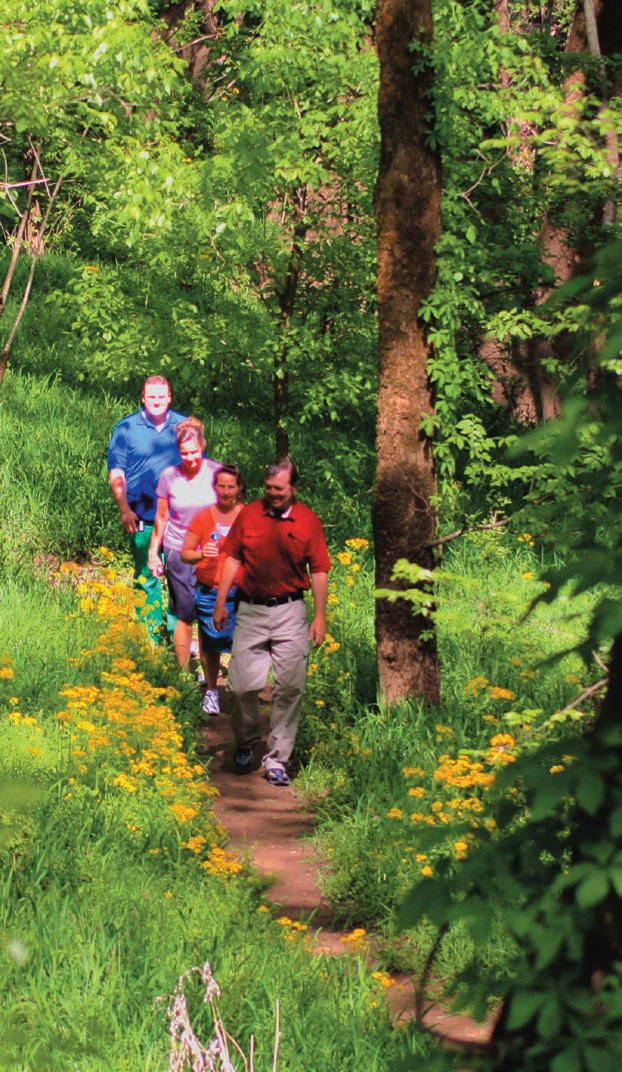
“I could probably fill a few books with memorable stories at the park,” Jenkins says. “We like to say that we could make a great TV show full of drama, comedy and interesting storylines — if only we could get a camera to follow us around. As park rangers, we get to see both the good side of people and the negative sides. Law enforcement, medical calls, rescues and other emergency response are all within a day’s work and can truly cause a great deal of stress on us as responders.
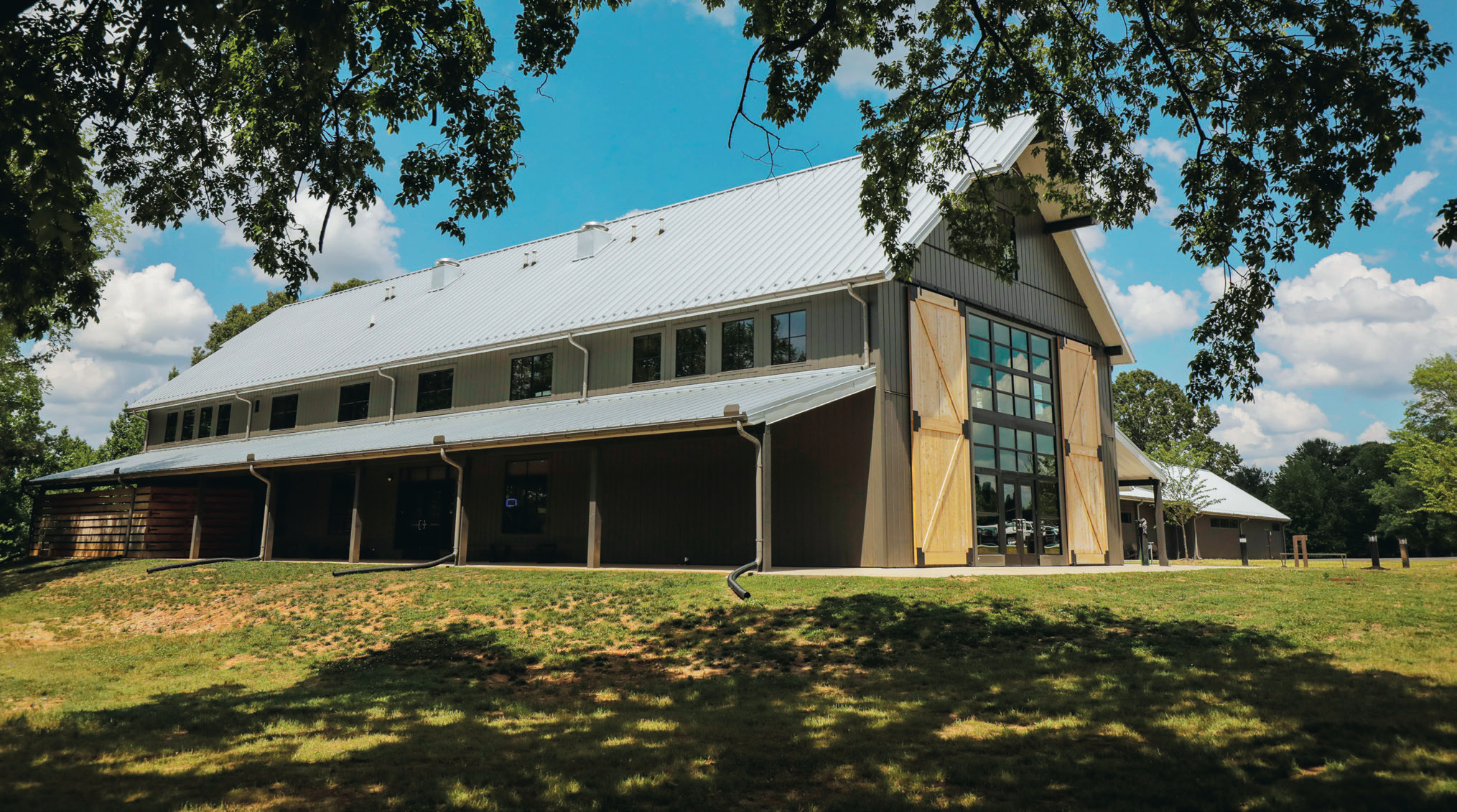
“The great thing about our job, though, is that we get to temper that stressful side of the job with positive and enjoyable interactions with park visitors. Working with kids is a great way to see the best in our visitors and to immerse ourselves in the wonders of nature again. It never fails that when a child finds out you are a park ranger, a switch happens, and they want to talk to you about animals and trees and their experiences in the outdoors.
“We wear the uniform of a law enforcement officer, and that uniform has a tendency to carry a certain assumption with it among the public. But when it becomes apparent you are a park ranger, that assumption tends to disappear, and, especially with kids, people are drawn to you to ask questions and talk. It’s a great experience each time and provides plenty of memorable stories that are positive to offset the more difficult parts of the job.”
Stop and explore
Because Highway 31 runs through the park, Jenkins says most people tend to drive through at 40 mph (or faster) and only get to see things from the highway. They can see the golf course and get a glance of the lodge or the visitor center, but they are missing most of what makes the park special besides those facilities.
“I sometimes say that people drive over the bridge every day and never even notice the gorgeous river below. The magic of Henry Horton State Park is getting off the paved road and out onto the miles of trails beneath the trees; into our wetland to hear the frogs sing or explore a sinkhole with its unique ecosystem; or onto the river to listen to the water rush over rocks and through grasses.”

Jenkins says that while the park might not have towering mountains or picturesque waterfalls, every person who takes a moment to explore the park will find the beauty of nature everywhere they look.


